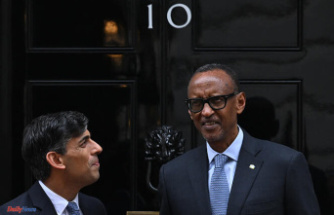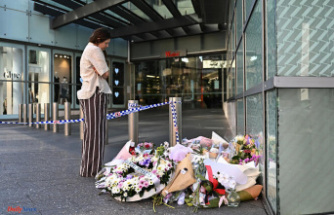The Fair Work Commission shown on Wednesday the federal minimum wage will grow 2.5 percent to $772.60 a week or $20.33 a hour.
Employees covered under aviation, tourism, fitness and certain retail industry awards are going to have their pay increase postponed until November 1.
General retail award workers might need to wait till September 1 to get a commission bulge.
The rest of the 2.3 million individuals on award rates or the federal minimum wage will observe that the $18.80-a-week rise from July 1.
Australian Industry Group chief executive Innes Willox said the growth was too high awarded low-paid employees had profited from income tax drops.
"The growth will place even more space between Australia's federal minimum wage and minimum wages in different nations," he explained.
"The decision sends a horrible sign and is very likely to affect on the restoration. In the present phase of the retrieval, the focus has to be on fostering employment."
Australian Council of Trade Unions secretary Sally McManus criticised the decision to wait to rise in certain industries.
"This wage growth has come about due to marriages. The Morrison authorities and large business desired pay slips or cuts," she explained.
"But it's very disappointing that the commission has stalled increases for any employees - but particularly those who've worked during the pandemic and whose companies have posted record gains."
Industrial Relations Minister Michaelia Cash said the authorities respected the freedom of the expert panel that makes the yearly minimum wage choice.
"Australia's minimum wage is currently the highest in the world based on the OECD," she explained.
"Growing and creating more jobs for Australians has been an essential component of the Morrison management program for financial recovery. More Australians in workforce pushes upward pressure on salaries."
Labor's industrial relations spokesman Tony Burke said the flaws hit crucial workers, who have been heroes of this pandemic, challenging.
"The growth might have been higher when the authorities had raised a finger to urge for a wage increase. It refused to do so," he explained.












